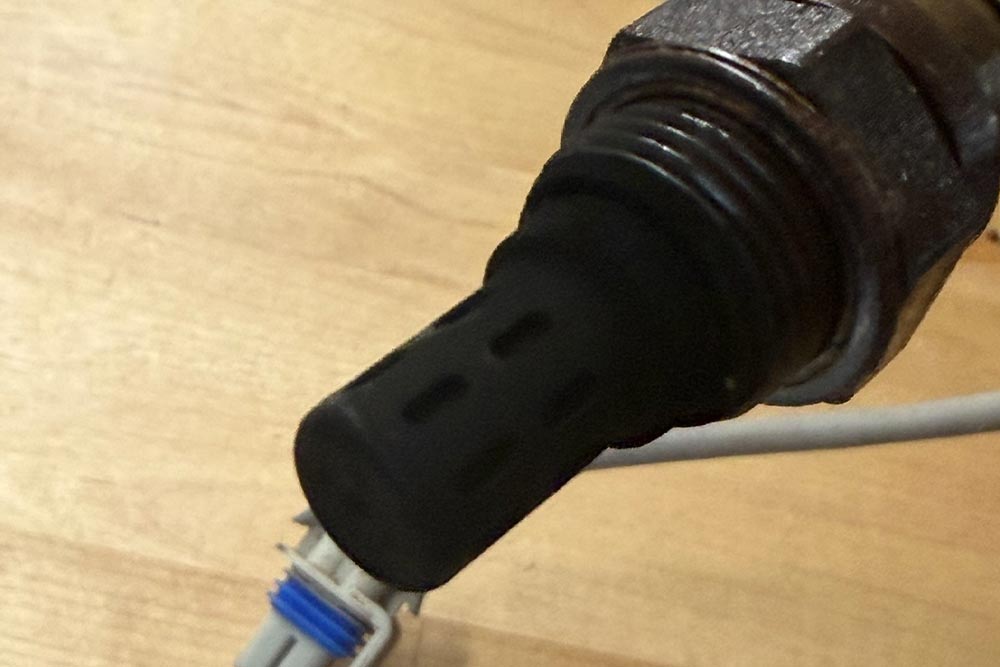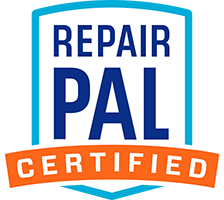Today in the shop, we worked on a 2013 Chevrolet Avalanche that came in with a check engine light and an oxygen sensor code — a common issue once a vehicle hits that 100,000-mile mark. While it might seem like a small part, your O₂ sensors play a huge role in keeping your engine efficient and your catalytic converter healthy.
What an O₂ Sensor Does
Oxygen sensors monitor the amount of oxygen in your exhaust and send that data to your vehicle’s computer. The computer uses this information to adjust your air-to-fuel ratio — keeping your engine running smoothly, efficiently, and cleanly.
When these sensors wear out or fail, they can send incorrect readings, causing the engine to run too rich (too much fuel) or too lean (not enough fuel). Both can have serious consequences for your vehicle’s performance and emissions system.
How a Bad O₂ Sensor Can Damage Your Catalytic Converter
A failing sensor can quietly destroy one of your vehicle’s most expensive components — the catalytic converter.
If the engine runs too rich, unburned fuel makes its way into the exhaust and burns inside the converter, creating excessive heat that can melt the converter’s core.
If the engine runs too lean, the converter can’t process exhaust gases efficiently, leading to long-term efficiency loss and failure.
Replacing your oxygen sensors on schedule helps maintain the proper air-fuel balance, keeping the catalytic converter at the correct temperature and extending its lifespan. Considering a new converter can cost $1,000–$2,500 or more, this small maintenance step is a smart investment.
The 100,000-Mile Maintenance Reminder
Most manufacturers recommend replacing O₂ sensors around 100,000 miles, even if your check engine light isn’t on. This preventive maintenance can:
- Improve fuel economy
- Reduce emissions
- Prevent costly converter damage
- Restore smooth performance
Our customer’s Avalanche is now back to running efficiently after replacing a worn sensor — and their catalytic converter is safe from unnecessary stress.
If your vehicle is approaching 100,000 miles or showing a check engine light, schedule a quick diagnostic and O₂ sensor check. It’s a simple service that can save you fuel, improve drivability, and protect your exhaust system for years to come.
Give us a call today to schedule an appointment: 620.416.0008









